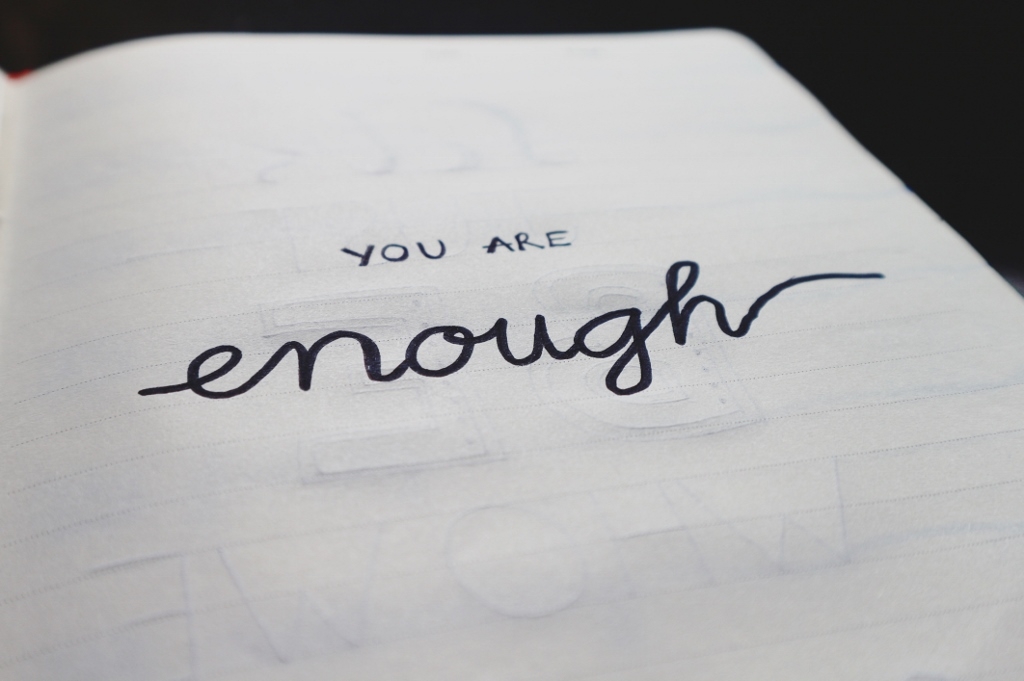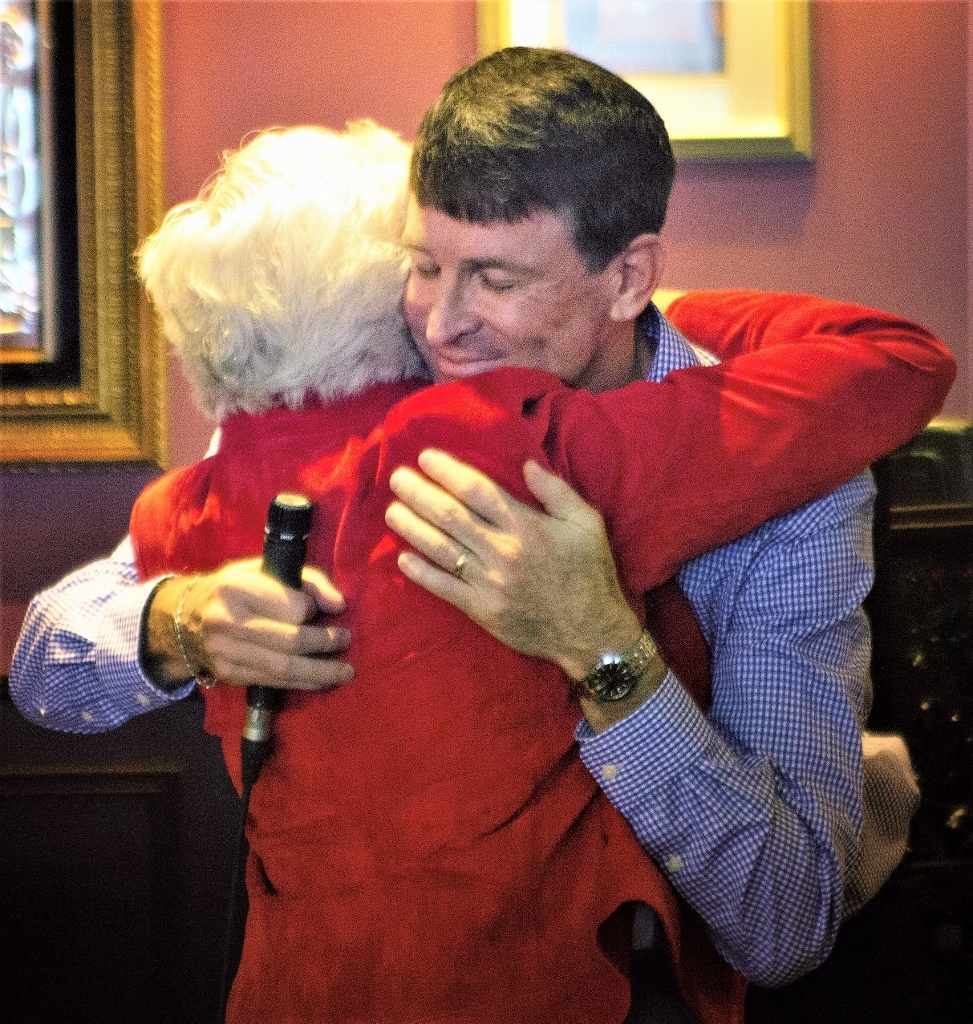
The Other Side of Reason – Life’s voyage
Involved in a bus accident that took the lives of six people, David Gibson has been battling through PTSD for over three years. In an effort to better understand himself and to communicate with others, he turned to writing. His first book was The Other Side of Reason: A Journal on PTSD, available now via petrabooks.ca. This column continues that text.
[Life’s voyage]
Windswept horizons streak by.
Like whispered dreams your eyes will never see.
Teardrops sparkle in the sun.
In my eyes prism blue waters race by.
An arc in time that ignites the waves cresting to meet the shore.
Through the thin veil we can dream together.
Moonlight silvers the silent water.
One more voyage through my tired eyes.
I am homeward bound.
________________________________
Have you ever felt as though you just don’t care anymore? I don’t like to think of myself as uncaring. That’s not a very pretty picture. I like to see myself as always loving, always giving and always caring. But the reality is I’m not always like that. Can you relate? Life can sometimes steal our passion and excitement and we can become cynical and even indifferent at times.
Sometimes I feel like I’m always waiting to arrive, a destination yet known or even found and yet the truth of the matter is that I’ve been here all along. The great search for finding meaning in life has always been right in front of me, and more importantly within me to discover. Elie Wiesel describes this search as “our obligation is to give meaning to life and in doing so to overcome the passive, indifferent life.”
Every day people live out the real truth and drama of our times, while many of us living with trauma exist as shadows, and in doing so forfeit our unique lives, our losses, our passions, which cannot be counted out nor measured, and remain hidden from view – to others and to ourselves
I made the mistake of assuming the past could be swept away, when in fact its legacy continues to shape and distort – this is the conquest of my occasional indifference to life. Both in its depiction of the lingering and often irreparable effect of trauma on the self and the fertile and often troubling way it blurs the line between fact and fiction.
French psychologist Christophe Andre writes, “We need the gentleness and the strength of compassion. The more lucid we are about the world, the more we accept seeing it as it really is, the easier it is to accept that we cannot face all the suffering that is encountered in the course of our lives unless we have this strength and this gentleness.”
Absolution deliberately refuses the consolations of resolution. Yet in a way that is the real achievement of this remarkable journey in life we take on and its constant reminder of Faulkner’s famous dictum, that the past is never dead, it is not even past.
Until next time.
David













